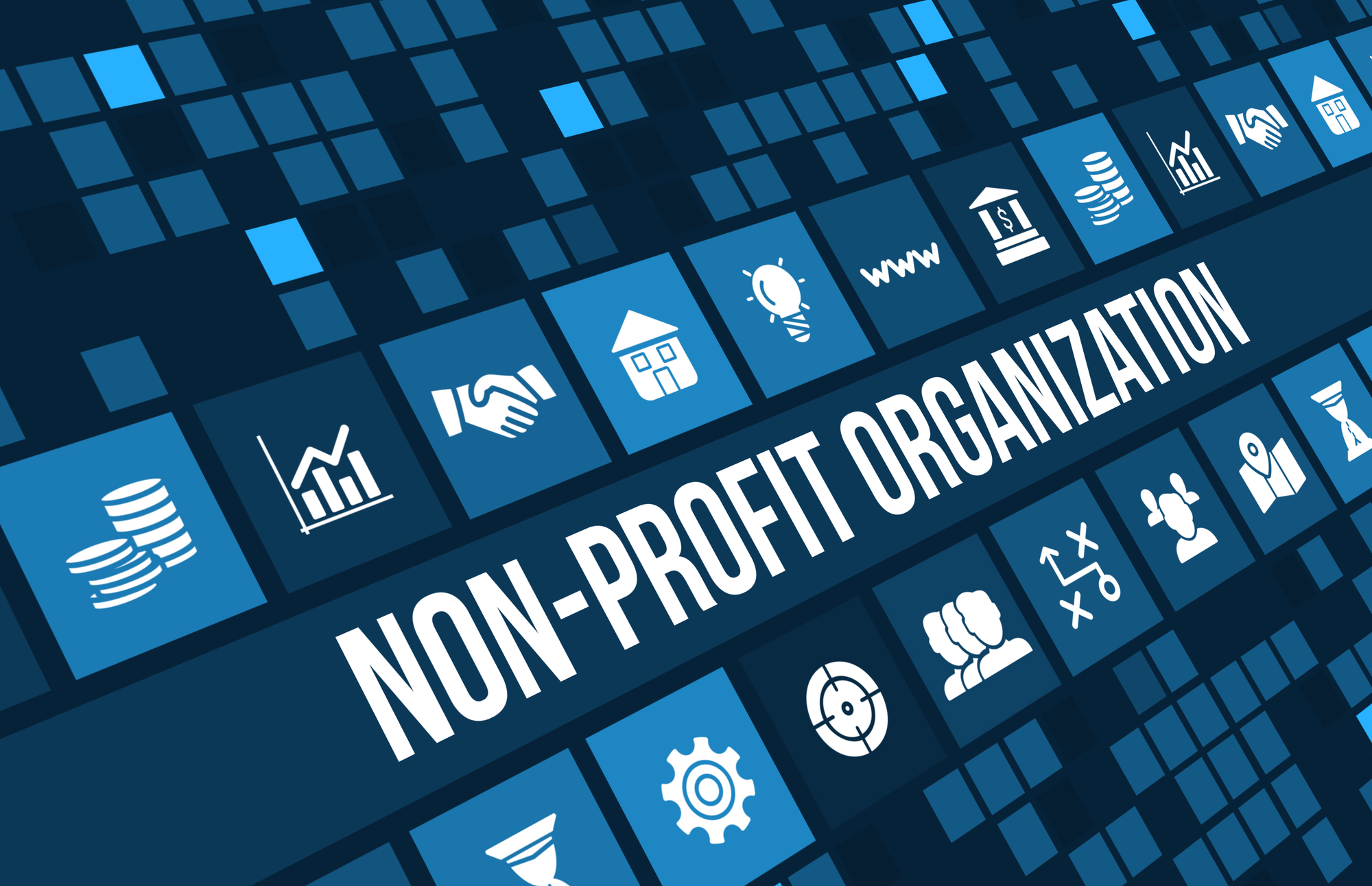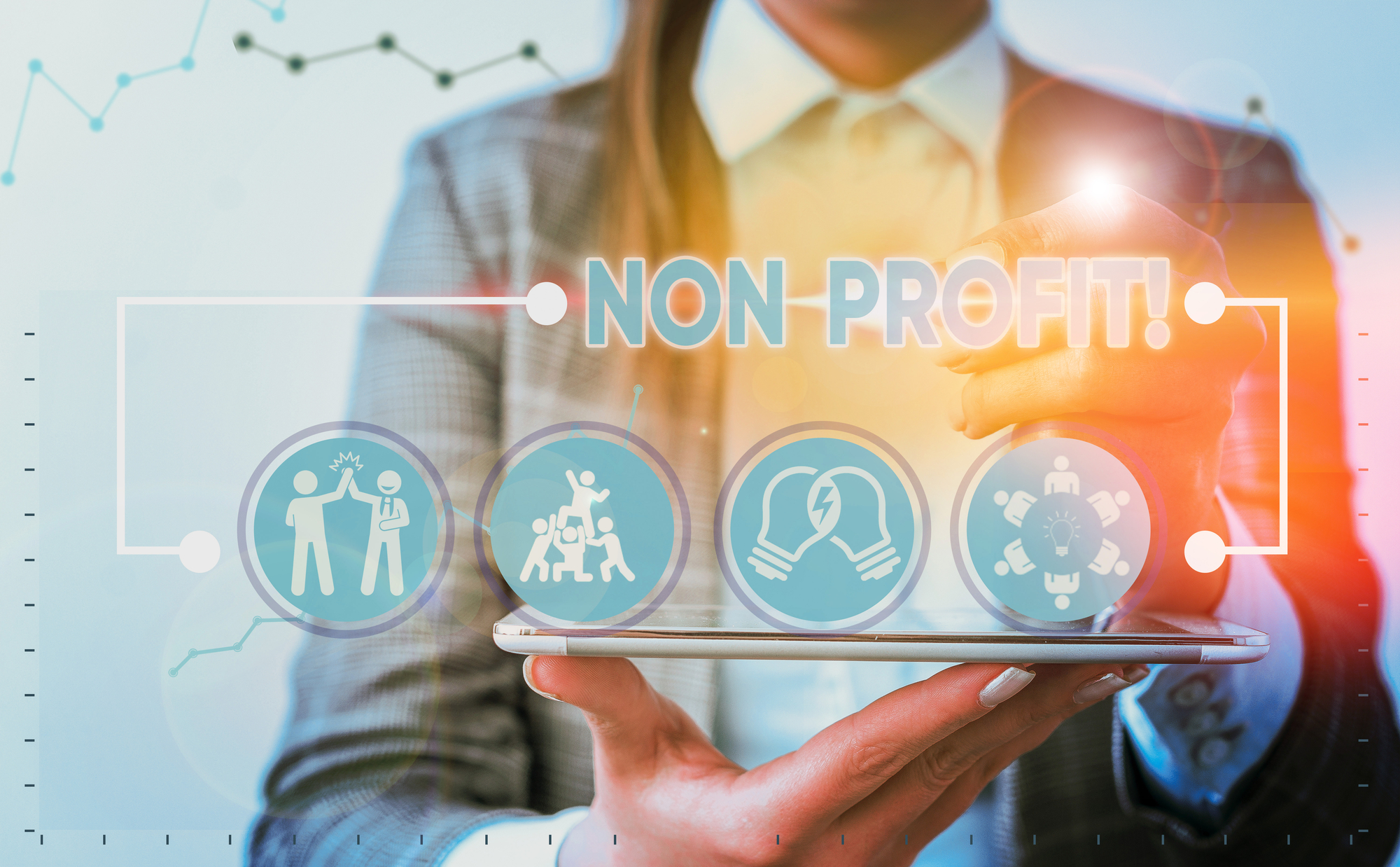Security awareness training has become a must for nonprofit organizations. With cyberattacks on the rise, nonprofits have become a prime target for ill-intended users because they store valuable information and often lack the cybersecurity expertise to lock their data.
A security awareness training program will provide the necessary knowledge to your team of staff and volunteers on how to minimize cybersecurity risks, which will ultimately preserve your nonprofit’s reputation and operations.
This blog post will introduce the basics of security awareness training for nonprofits. It will include topics such as the frequency of such training and topics that should be covered with your team.
Security Awareness Training For Nonprofits: When to perform one?
Security awareness training and its frequency should be tailored to each organization. When starting to train your users, I recommend doing it as often as once a month. Especially in this COVID-19 climate. If your staff’s level of awareness develops, then space the frequency out to maybe a quarterly or biannual basis. In addition to that, before security awareness training, it’s also important to test your users and assess which ones are more prone to phishing attacks.
Security Awareness Training For Nonprofits: What to include?
Phishing Staff Awareness

In your nonprofit’s security awareness training, you should include simulated phishing attacks on a monthly basis to analyze the results and use those results to tailor training to each individual and their level of risk. Keeping in mind the current scenario, it’s recommended that you continue to communicate with your users on a frequent basis to keep them up to date with the ever-changing threats.
Remember that cybercriminals are both targeting work email accounts and implementing good email security. Keep your computer software up-to-date with the latest software available. Make cybersecurity a topic of discussion among your employees and volunteers.
Security at home

If your team is working remotely, make guidelines for usage of work devices. For example, keeping your computer away from your children is important because sometimes even the best computer security software can be sabotaged by an 8-year-old downloading Minecraft.
Another tip for raising awareness is to always maintain screen locks and to avoid installing nonwork software. This will help protect your work data from being corrupted!
Incident Reporting

Accidents happen. A volunteer clicks on a malicious link or website and your whole system gets infected in a matter of minutes. To minimize the risk of a scenario like this from happening, it’s important that your team knows how to act in case of a cyberattack.
In your security awareness training, make sure you cover which types of incidents should be reported, to which members, and how they should communicate.
Cloud Security

Cloud computing has changed the way we store, share, and access data. However, with great improvements come great risks. With large amounts of data being stored in applications, hackers are constantly finding new ways to hack these systems and steal valuable information.
Therefore, when putting together your security awareness training, highlight the need to reinforce cloud security. Most nonprofits -regardless of their size- are at high risk as they store financial information, critical data such as Social Security Numbers, and other valuable information from donors, partners, and staff.
Now that you know more about what to include in a security awareness training for nonprofits, take a look at these resources that might help you step up your cybersecurity game:
Learn how this guide to cybersecurity for nonprofits can support your mission and operations.
This nonprofit cybersecurity checklist will help you understand where your organization is vulnerable. Use them as a starting point in your next cybersecurity meeting.
This whitepaper will help you understand what are the main differences between IT and InfoSec professionals.
Understand your organization’s current security posture. The knowledge gained through this assessment will help guide the decisions that will need to be made to improve your security and align your risk with acceptable tolerance levels.










